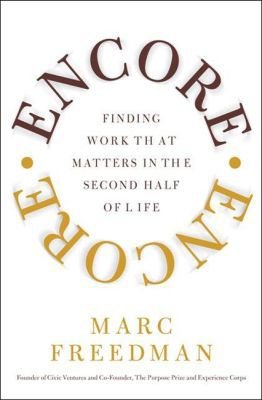INTJ10
Recycles dryer sheets
- Joined
- Feb 18, 2011
- Messages
- 141
Hi, long time lurker here. I appreciate the information and advice on the forum. I thought I would introduce myself and ask a couple of questions.
I am 53. I was laid off from megacorp about 4 years ago. Fortunately, I was able to reinvent myself into a consultant and pretty much matched my previous income. The problem is that I just don't like it anymore. It isn't bad work, but I have been doing the same sort of thing for over 30 years and enough is enough. So I am trying to figure out an escape plan.
Wife and I have enough money put away to get the kids through college. We figure we need ~$45k per year to cover the essentials and $120K per year to match our current lifestyle. I included $12k/yr for health insurance. We have a couple of million stashed in 401k/IRA's. Wife works, makes plenty and likes the work. Unfortunately, the company is not stable enough to count on and the local job market is very tight so that adds uncertainty to our plans.
According to Firecalc, if we could both hang on for 4 more years we are all set. So that is option 1. Firecalc also says we could with draw out $60k per year until SS kicks in and draw out enough from then on to reach the $120K per year goal. I call this option 2. Option 2 means that one or both of us could get by with a much lower paying job. That leads me to my question.
I have an MBA, engineering degree, have taught college courses and I am fairly handy in manual skills so I am pretty open to a variety of jobs. Ideally, I would like something part time or with a lot flexibility of hours. I haven't figured out exactly what job I want but I have some ideas.
Have others found that the ability to work for a lower salary ($30K/year) has enabled them to find a vocation that is somewhat fun? Has anyone else successfully implemented this "escape plan"? Are there other escape plans you can suggest?
Thanks in advance.
I am 53. I was laid off from megacorp about 4 years ago. Fortunately, I was able to reinvent myself into a consultant and pretty much matched my previous income. The problem is that I just don't like it anymore. It isn't bad work, but I have been doing the same sort of thing for over 30 years and enough is enough. So I am trying to figure out an escape plan.
Wife and I have enough money put away to get the kids through college. We figure we need ~$45k per year to cover the essentials and $120K per year to match our current lifestyle. I included $12k/yr for health insurance. We have a couple of million stashed in 401k/IRA's. Wife works, makes plenty and likes the work. Unfortunately, the company is not stable enough to count on and the local job market is very tight so that adds uncertainty to our plans.
According to Firecalc, if we could both hang on for 4 more years we are all set. So that is option 1. Firecalc also says we could with draw out $60k per year until SS kicks in and draw out enough from then on to reach the $120K per year goal. I call this option 2. Option 2 means that one or both of us could get by with a much lower paying job. That leads me to my question.
I have an MBA, engineering degree, have taught college courses and I am fairly handy in manual skills so I am pretty open to a variety of jobs. Ideally, I would like something part time or with a lot flexibility of hours. I haven't figured out exactly what job I want but I have some ideas.
Have others found that the ability to work for a lower salary ($30K/year) has enabled them to find a vocation that is somewhat fun? Has anyone else successfully implemented this "escape plan"? Are there other escape plans you can suggest?
Thanks in advance.

